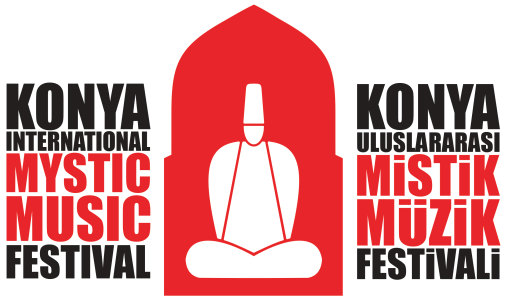Sephardic Music
After living for more than 1500 years in the Iberian Peninsula , Sephardic Jews were forced to exile by the Spanish Reconquista. The year 1492 marks the year that the harmonious co-habitation of Spanish Jews, Muslims and Christians was forcibly shattered, putting an end to centuries of an exalted artistic heritage. In the new communities where they established themselves, from Morocco in the western edge of North Africa to the shores of Asia minor, the Jews of Iberian descend sought to maintain their Andalusian culture, which has survived the trauma of their uprooting and enabled them to preserve their identity as they became minorities in their exile. Due to the mutual interactions and influences that resulted from establishing themselves in new foreign lands, the Sephardic cultural heritage is today known to stem from a same Spanish root and to be tinted by the cultural specificities of the communities they neighbored wherever they migrated, which gave birth to an astonishing diversity, especially in music.
The Sephardic Jews thought of perpetuating their music culture (Piyyut) as a way of glorifying their past . They used any celebration or social gathering as an opportunity to revive the music and mix the songs for the occasion. As much as some songs evoke the unending sorrow and wrench of departing their much-cherished homes , others are of a religious nature and appeal to the love of the Creator and the perfection of his creation. A great numbers of songs in this judeo-spanish repertoire have used local music as a leverage to their profane chanting in ladino.
Rabbi Haim Louk
Rabbi Louk was born in Casablanca, Morocco in 1942. He became famous at a very young age as a musical prodigy. Blessed with a beautiful voice and tremendous talent, he was the protégé of the master of Moroccan Jewish liturgy, Rabbi David Bouzaglou of blessed memory. Since studying in Yeshivot in England and Morocco, Rabbi Louk had been the principal of schools from 1964 to 1987.
In 1987, Rabbi Louk moved to Los Angeles to assume the position of Spiritual Leader of Em Habanim Sephardic Congregation, where he led the congregation as its Rabbi. In the tradition of Sephardi scholars of days past, Rabbi Louk combines his schooling in rabbinical texts and his work as an educator with his musical talent and love for Sephardi poetry and liturgy. He has produced scores of audio recordings of the authentic Moroccan Jewish liturgy. Internationally recognized as a virtuoso of classical Andalusian music, Rabbi Louk has given recitals all over the world.









